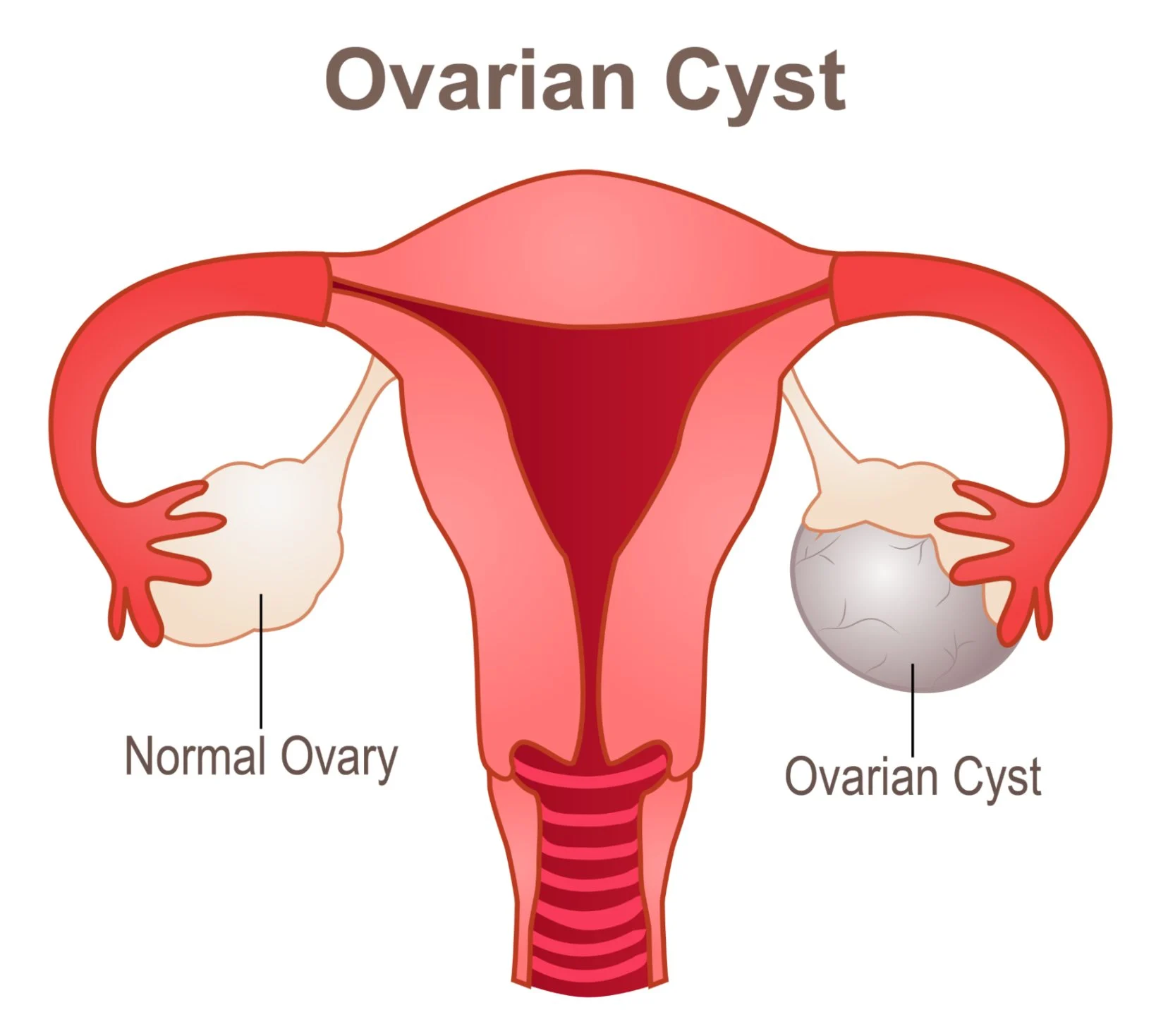Cystectomy: A Comprehensive Guide to Bladder and Pelvic Surgery
In the realm of medical procedures, cystectomy stands as a critical intervention, often called upon to address a range of challenging conditions. This section introduces the concept of cystectomy, offering readers a glimpse into the significance of this surgical lifesaver.
Types of Cystectomy
Deciphering Cystectomy Types: Tailoring Surgery to Your Needs
Cystectomy isn’t a one-size-fits-all solution; it’s a nuanced surgical field with various approaches. In this section, we’ll delve into the diverse array of cystectomy types, from partial to radical and laparoscopic, helping readers understand when and why each type is recommended.

cystectomy
Reasons for Cystectomy
When Surgery Becomes Imperative: Recognizing the Telltale Signs
Understanding the medical conditions that necessitate cystectomy is paramount. This section will spotlight the key health issues and symptoms that often lead to the recommendation of this critical surgery, empowering readers to make informed decisions.
Preparing for Cystectomy
Charting Your Journey: Preparing for Cystectomy
Preparation is key to a successful cystectomy. In this section, we’ll guide you through the essential steps leading up to the surgery. Learn about the medical evaluations, tests, and consultations that lay the foundation for a smooth procedure.
The Cystectomy Procedure
Navigating the Operating Room: Your Cystectomy Journey
Now that you’re prepared, it’s time to explore the surgical process itself. We’ll take you through each step of cystectomy, from anesthesia to the use of modern surgical techniques and equipment, demystifying the procedure for our readers.
Recovery After Cystectomy
Healing and Hope: Your Post-Cystectomy Journey
Recovery after cystectomy is a crucial phase. In this section, we’ll walk you through what to expect during your hospital stay and how to manage pain, catheters, and potential complications. We’re committed to helping you heal and regain your quality of life.
Potential Complications
Navigating Challenges: Understanding Cystectomy Complications
Every medical procedure carries some risk. In this section, we’ll address common complications associated with cystectomy, such as infection or blood clots. You’ll also gain insight into how healthcare providers monitor and manage these potential challenges.
Life After Cystectomy
Embracing a New Normal: Living Well Post-Cystectomy
Life after cystectomy brings about adjustments, but it’s also an opportunity for renewed vitality. We’ll discuss the quality of life considerations, coping strategies for urinary diversion or reconstruction options, and how you can embrace your new normal.
Patient Experiences and Success Stories
Inspiration in Resilience: Real-Life Cystectomy Journeys
Reading about the experiences of others who’ve undergone cystectomy can be profoundly inspiring. In this section, we’ll share real-life patient stories, offering insights into their journeys, challenges, and ultimate triumphs.
Future Advancements in Cystectomy
Pioneering the Future: Advances in Cystectomy
Cystectomy is a field of constant evolution. Here, we’ll explore emerging technologies and approaches in cystectomy. We’ll also discuss ongoing research and clinical trials that hold promise for the future of this life-changing surgery.
Frequently Asked Questions About Cystectomy
1. What is a cystectomy procedure?
A cystectomy is a surgical procedure that involves the removal of the bladder, a portion of the bladder, or other pelvic organs. It is often performed to treat conditions such as bladder cancer.
2. What conditions may require a cystectomy?
Cystectomy may be recommended for conditions including bladder cancer, interstitial cystitis, and certain birth defects affecting the bladder.
3. How is cystectomy performed?
Cystectomy can be done through open surgery, laparoscopic techniques, or robot-assisted surgery, depending on the patient’s condition and the surgeon’s expertise.
4. What are the potential complications of cystectomy?
Complications can include infection, blood clots, bowel or bladder dysfunction, hernias, and stoma-related issues if urinary diversion is necessary.
5. How long does it take to recover from cystectomy?
Recovery times vary, but patients typically spend several days to a week in the hospital and may require several weeks to resume normal activities.
6. What is urinary diversion, and when is it needed?
Urinary diversion involves rerouting urine after the removal of the bladder. It may be necessary if the bladder is removed entirely or if its function is impaired.
7. Are there alternatives to cystectomy for treating bladder cancer?
In some cases, alternatives like chemotherapy or radiation therapy may be considered, but the choice of treatment depends on the cancer’s stage and other factors.
8. Can I lead a normal life after cystectomy?
Many individuals lead fulfilling lives after cystectomy. Adaptations may be required, such as managing urinary diversion, but a good quality of life is often achievable.
9. Is cystectomy a common procedure?
Cystectomy is relatively common, especially for bladder cancer treatment. Your healthcare provider will determine if it’s the right option for you.
10. Are there support groups for cystectomy patients?
Yes, there are support groups and communities where cystectomy patients and their caregivers can share experiences, advice, and emotional support during their journey.
Conclusion
In the journey of medical intervention, cystectomy stands as a pivotal chapter, often marking a profound turning point in the lives of individuals facing challenging health conditions. As we conclude our exploration of cystectomy, we reiterate the importance of understanding this surgical procedure and the hope it offers:




